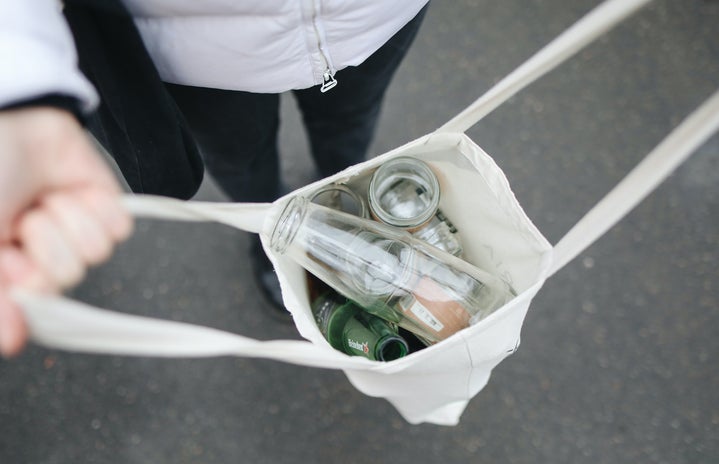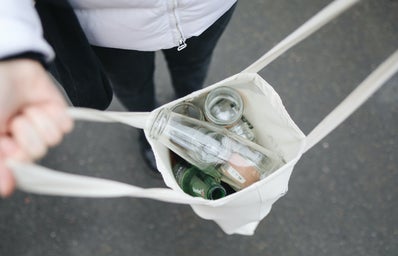Over the years, having reusable straws, shopping locally and using public transportation have been promoted as ‘green’ alternatives. While these substitutions are better than their counterparts, we’ve neglected the real climate killer: carbon dioxide (CO2) emissions.
The Canadian government’s single-use plastic ban just came into effect at the end of 2022 and they’re preaching that they’re “keeping our communities and the places we love clean” (Steven Guilbeault, 2022). Don’t get me wrong, the ban on single-use plastics is a huge first step towards combating climate change as it should lead to “the estimated elimination of over 1.3 million tonnes of hard-to-recycle plastic waste and more than 22,000 tonnes of plastic pollution” (The Honourable Jean-Yves Duclos, Minister of Health, 2022). However, even if there’s less litter and garbage cans may be less full, that doesn’t mean our communities are clean. We keep talking about the changes we need to make in our personal lives to help the planet but what we do in our day-to-day lives will make no difference if big corporations continue the way they are now.
I think it’s important to note that the overconsumption of single-use items and CO2 emission are two very different forms of pollution. World leaders tend to lump these together to try and hide the real culprit of rising global temperatures and poor air quality. Our economy is dependent on these large corporations, so putting regulations in place to tell these billion-dollar corporations what they can and can’t do is tricky. We know exactly what we need to do to solve the climate crisis but as Greta Thunberg said, “our current economics are still totally dependent on burning fossil fuels, and thereby destroying ecosystems in order to create everlasting economic growth” (2019).
What needs to happen to make actual change is quite simple if one doesn’t care about provoking big corporations into legal battles. Governments need to impose regulations on the amount of greenhouse gas emissions to find better long-term solutions. Governments aren’t keen on doing so because whatever they do in efforts to create change leads to some sort of debacle. Currently, the Canadian government is in a legal battle with the plastics lobby over the single-use plastics ban. It doesn’t matter what regulations or bans the government brings in place, if they don’t want to deal with the upset of large corporations that keep the economy afloat, then they’ll never get anything done.
The single-use plastics ban makes us feel like we’re doing something to help with the ongoing climate crisis but whatever we do will be outweighed by greenhouse gases and other pollutants, including car emissions and over-consumption. Essentially, the only way to create real change is if we make a conscious group effort and hold big corporations accountable.
References:


